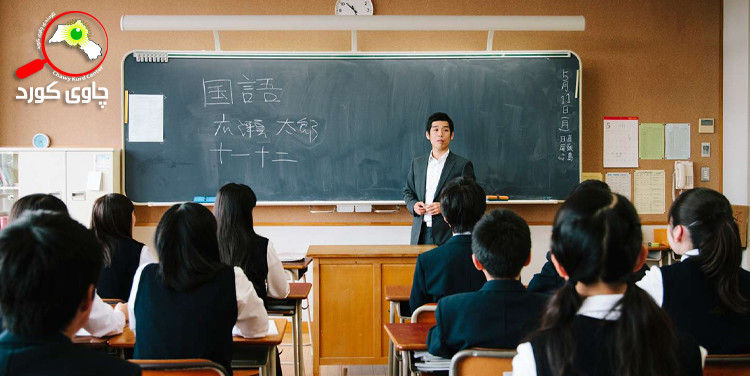World War II over in Japan’s defeat, but the country’s authorities turned defeat into victory by reforming the education system and rebuilding the Japanese personality, taking advantage of culture and social values and turning to science and technology. Japan located on the east coast of the Asian continent; it is bordered by the Pacific Ocean to the east, South Korea and China to the northwest, and Russia to the north. It covers an area of 377,873 square kilometers, slightly larger than Finland, Vietnam and Malaysia. Its capital is Tokyo, with a population of more than 123 million. It is a homogeneous country with no ethnic or ideological minorities.
“From War to Peace”
In August 1945, Japan declared its defeat in World War II by surrendering to the United States and its allies, but on September 15, 1945, as part of a plan known as “the Education Policy to Build a New Japan”, they decided to ban any ideas with military tendencies, such as military training classes, then dissolved all student associations that had been formed during the war and were more military in nature, instead of deciding to form youth volunteer associations for civilian activities. They also decided to turn to phenomena of a peaceful nature, with the aim of working to build a state that would seek to consolidate the foundations of security and stability in the world.
Although the United States fallen atomic bombs on Hiroshima and Nakazaki during World War II, but the Japanese decided to focus on education, love of science and peace. Additionally, they decided to apply the new educational policy of the state, and train teachers fully to meet the needs of the new era.
To make their plan a success, they decided to reform the administrative structure of the Ministry of Education to comply with the planned reforms. In the postwar period, the Japanese decided to emphasize science and research centers instead of focusing on vocational education. Also pay attention to physical education lessons of a sports nature, with the aim of increasing sports activities that provide opportunities to strengthen friendship opportunities between countries around the world.
Another subject of the plan was to provide educational opportunities for the elderly, in addition to emphasizing family education lessons and strengthening students’ cultural levels, while adhering to the religious values of the Japanese people, which emphasize friendship and peace among the peoples of the world.
“Primary stage in Japan”
In Japan, the education system is 6-3-3-4 years; this means six years of primary school, three years of secondary school, three years of high school and four years of university. One of the subjects taught from grade one to grade six is called “The Way to Ethics”, through which children are taught ethics and the art of dealing. In Japanese schools, children clean their schools with their teachers for a quarter of a day, then students and teachers eat together at school, the meal is prepared at the school, to ensure the taste and cleanliness of the food, the school principal must eat first. Children take toothbrushes to school to brush their teeth after meals, thus teaching them to take care of their health from an early age.
“Personality characteristics and social systems”
The result of the policies, decisions and processes of the Japanese authorities over the past seventy years has made the Japanese individual a disciplined personality, time-conscious and respectful of the system, and innovative within the framework of the team.
It is strictly committed to the art of dealing and the highest business principles of honesty and integrity. In Japan, the laws to prosecute violators are very strict; the law is enforced against the rich and the poor, ministers and employees. When a violation is discovered, they investigate the causes and prosecute the perpetrators. In addition, social values impose apologies on people.
“Crops and Achievements”
The policies and measures followed by Japanese officials after World War II to revive their country has led to the Japanese society and individuals are now known to love their country and are willing to sacrifice for it. They also hold work and time sacred; have a passion for adventure and a determination that do not consider any path impossible. They have a spirit of teamwork and are very loyal to the institutions in which they work. In addition, they have a great ability to accept, adapt and mix with other cultures and intelligences, without losing their oriental culture. They are also constantly striving for self-development and have a great interest in research, knowledge and reading. The Japanese have a deep understanding of the concept of freedom, so they behave moderately in all areas of life, and pay great attention to creating and strengthening the concept of friendship with the nations of the world. At the domestic level, they have a deep sense of collective responsibility, in the sense that they have rights as well as duties to their community. Therefore, regards to their education, culture and the efforts of their officials, they have reached this high level of progress and prosperity.





























































